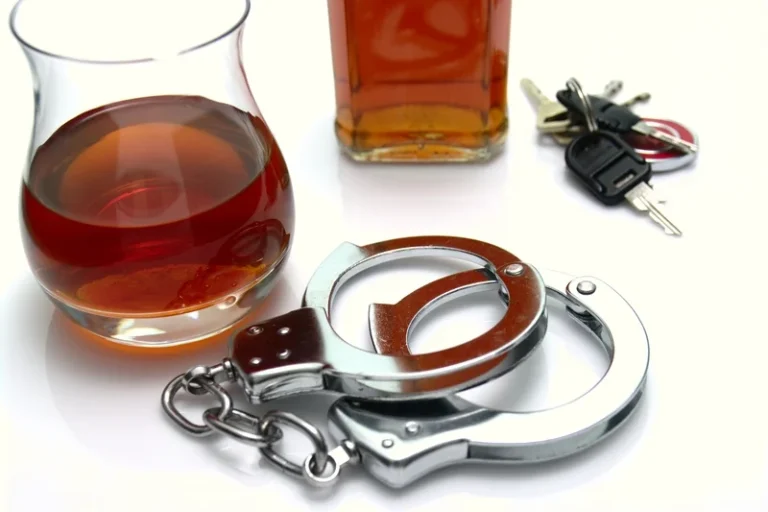
However, one can stay sober if they have substantial goodwill. Ranging from days or longer, people stay at rehab as per their needs. This duration depends on several factors, such as the type of treatment, condition, patient progress, insurance coverage, and financial hurdles. If you already have chronic diseases, you must spend more time than others. Instead, it’s a common thing that people’s addiction will relapse. Chronic diseases like diabetes, hypertension, and asthma can be the causes of relapse in people.
Recovery Rates
The symptoms may escalate to drug use, but they may alsostop at cravingsfor those with goodcoping mechanisms. Substance use disorder is recognized as a chronic condition with relapsing-remitting cycles. Remission is a state of wellness when someone is not showing symptoms of addiction, andrelapseis when those symptoms return.
- However, just because a relapse occurs doesn’t mean someone has failed recovery.
- These include how long the relapse lasted and how much you were drinking during the relapse.
Can addiction be treated successfully?
In practice, most people who report having a substance problem do not even meet criteria for SUD, and of those who do, roughly 30% of individuals have mild cases. Thus, for those on the lower end of the spectrum, substance use is a health behavior that responds well to purposeful efforts to change. A person in recovery for drug addiction looks out from a substance abuse treatment center in Westborough, Mass.
Should I Go Back to Rehab if I Relapse?

Contact a treatment provider today to find available treatment centers. Having experienced a period of sobriety before, recovering addicts often leave their second stint in rehab more dedicated to their recovery and determined to sustain that for a lifetime. Going back to rehab after a relapse will give you your best chance at achieving a lasting recovery according to research. It’s also important to look back at what event or emotions may have led to the relapse and learn how to properly deal with these in the going back to rehab future.
In medicine, a chronic condition is usually never cured but is treated or managed to lessen symptoms or reduce long-term damage. So while acute conditions like a skin infection or appendicitis can be cured, chronic conditions like high blood pressure, asthma, low thyroid or addiction can only be treated. Drug and alcoholrehab programshave been shown to be effective tools for addiction recovery. 40-60% of people stay clean after rehab, as per NIDA research. But the rest of the people can try another time to join rehab and be successful eventually. Staying clean at rehab depends on the type of treatment and follow-ups.

How to Cope With Challenges in Recovery

Addiction is a lifelong disease that must be actively controlled and managed everyday during recovery. Relapse does not mean that treatment has failed, in the same way, that an asthma attack does not mean that asthma treatment has failed. For someone with asthma, attacks are a normal part of life. The goal of treatment is to reduce the number of attacks, the severity of attacks and how much harm attacks cause when they occur. Think about things that led to or worsened this relapse and how to remove them from your life. If a trigger is unavoidable, consider what you can do differently next time you face it.
Common medications used to treat drug addiction and withdrawal
Relapse rates vary significantly depending on the specific substance and the individual’s unique circumstances. You can use sobriety savings to pay off debts, save for retirement, or invest in a healthier lifestyle. For those with addiction to harder drugs such as cocaine, opiates, and methamphetamines, it can mean saving thousands of dollars a year. Alcoholics Anonymous (AA) is one of the top sobriety programs in the United States. It’s been around since 1935 to help those suffering from AUD. These sobriety statistics show there’s breaking free from the chains of addiction.
